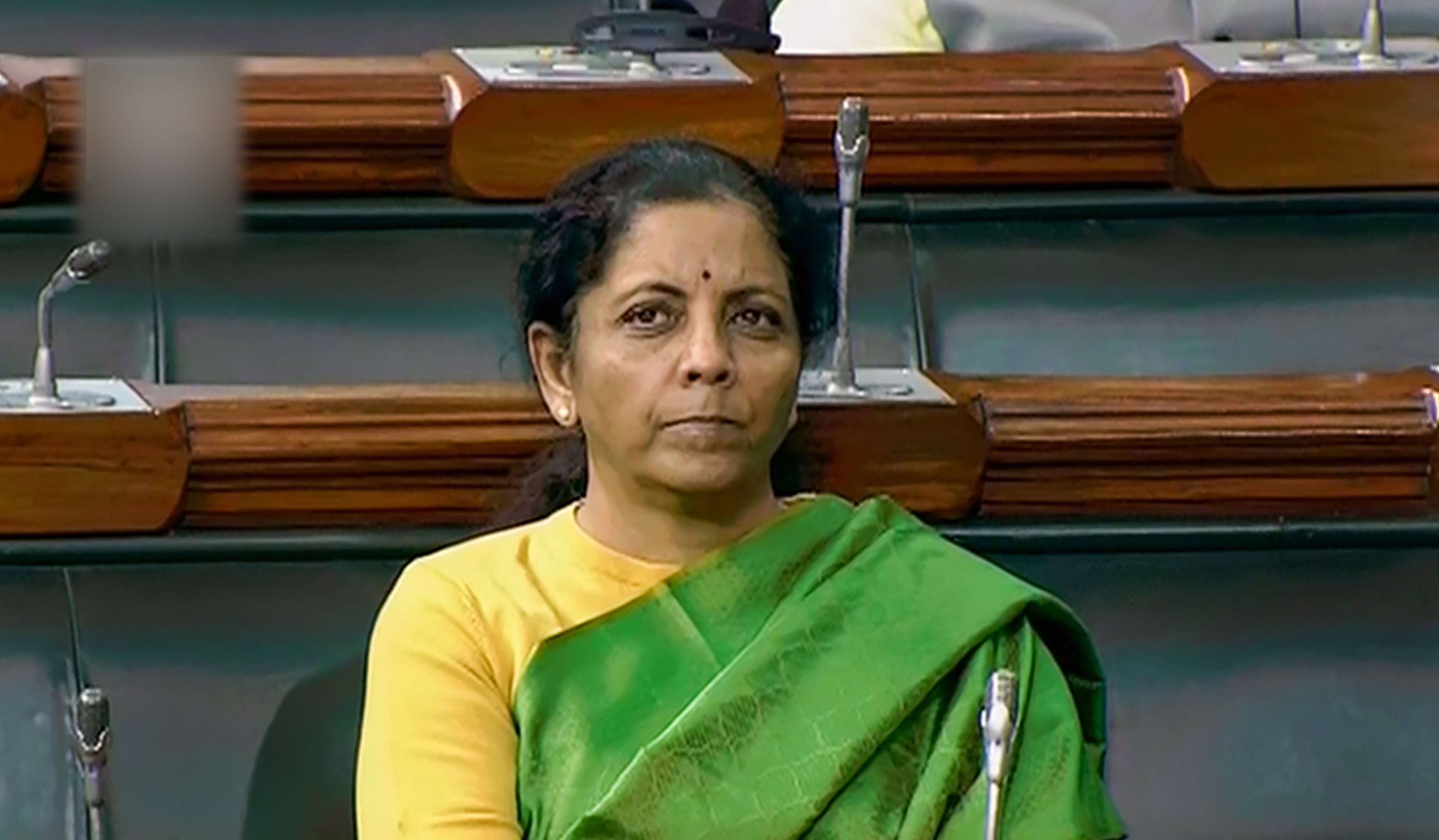Yogesh Bagotia, a Dalit PhD scholar with the Indira Gandhi National Open University, fears the 60 per cent slash in the budget allocation for higher-education scholarships will wreck his dreams.
For three years, the student from Haryana has been waiting for the Non-NET (National Eligibility Test) fellowship, which he needs to be able to stay in Delhi and do his research. He now fears the poor budget allocation is a sign that the government intends to scrap the fellowship.
Already in 2015 the University Grants Commission had decided to abolish the Non-NET fellowship citing a funds shortage, before a student protest forced an about-turn.
Finance minister Nirmala Sitharaman has earmarked Rs 141 crore for college and university scholarships, down from the 2019-20 allocation of Rs 356 crore, which was revised upwards to Rs 381 crore.
The Non-NET fellowship is a right of every PhD (Rs 8,000 a month) and MPhil (Rs 5,000 a month) student of a central university who does not receive any other scholarship.
“My university has withheld the fellowship from me citing a funds crunch. I was hoping to get it this year if the funding was increased,” Bagotia said.
“PhD scholars from poor families depend heavily on government support. Their parents may not be able to support them through the four or five years of research.”
Sitharaman said that external borrowings and foreign direct investment would be encouraged in education, an indication that government funding in education would decline in future.
External borrowings and FDI will lead to further privatisation of higher education, said Rajesh Jha, a member of Delhi University’s executive council. “Foreign investors will invest for profit. The whole space for higher education will gradually be filled by private players,” Jha said.
The education sector will receive Rs 99,000 crore, up from Rs 95,000 crore last year. A sum of Rs 500 crore has been allocated for the Prime Minister’s dream “world-class institutions” project, against Rs 400 crore last year. The scheme aims to provide 10 government institutions with Rs 1,000 crore each over five years.
In 2018, only three institutions were selected under this scheme while the government picked another seven in 2019. But the allocation has increased only by 25 per cent.
“The world-class university scheme needs at least Rs 2,000 crore a year if 10 institutions are to be paid Rs 1,000 crore over five years,” a UGC official said.











